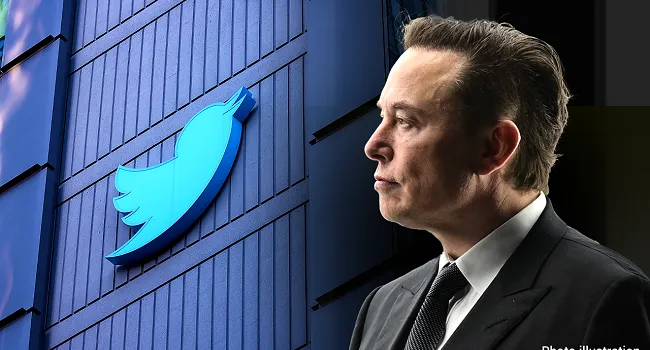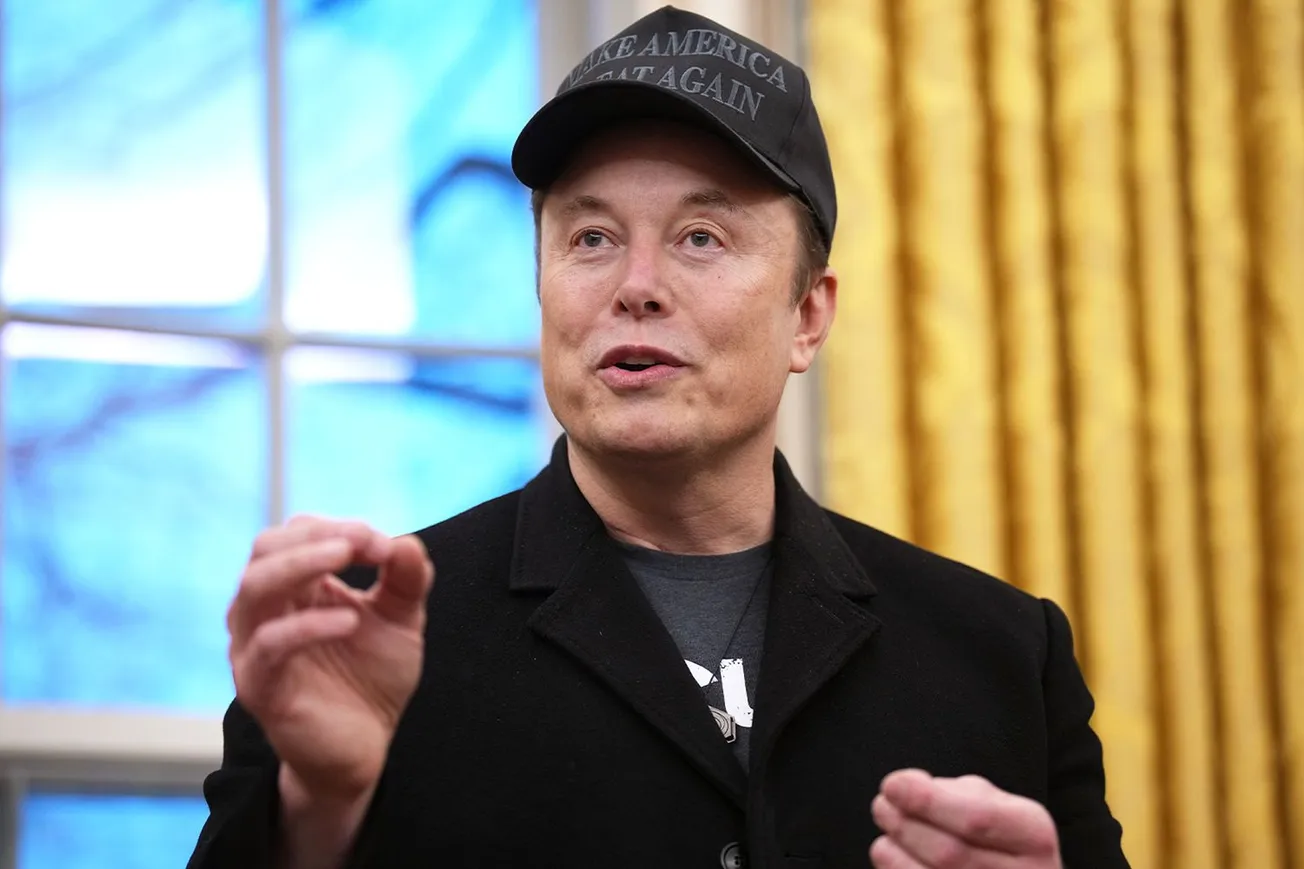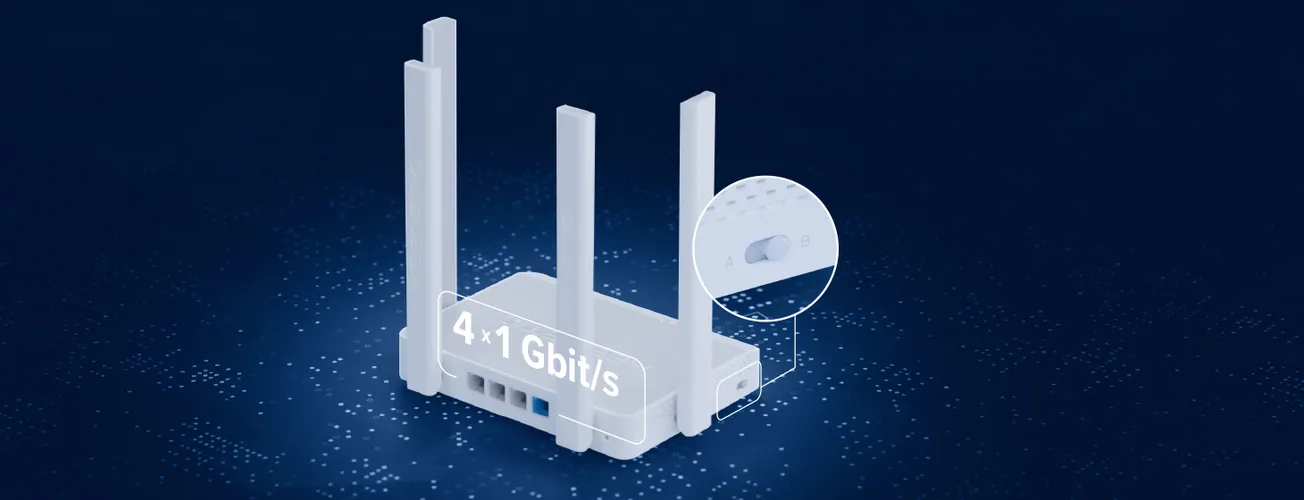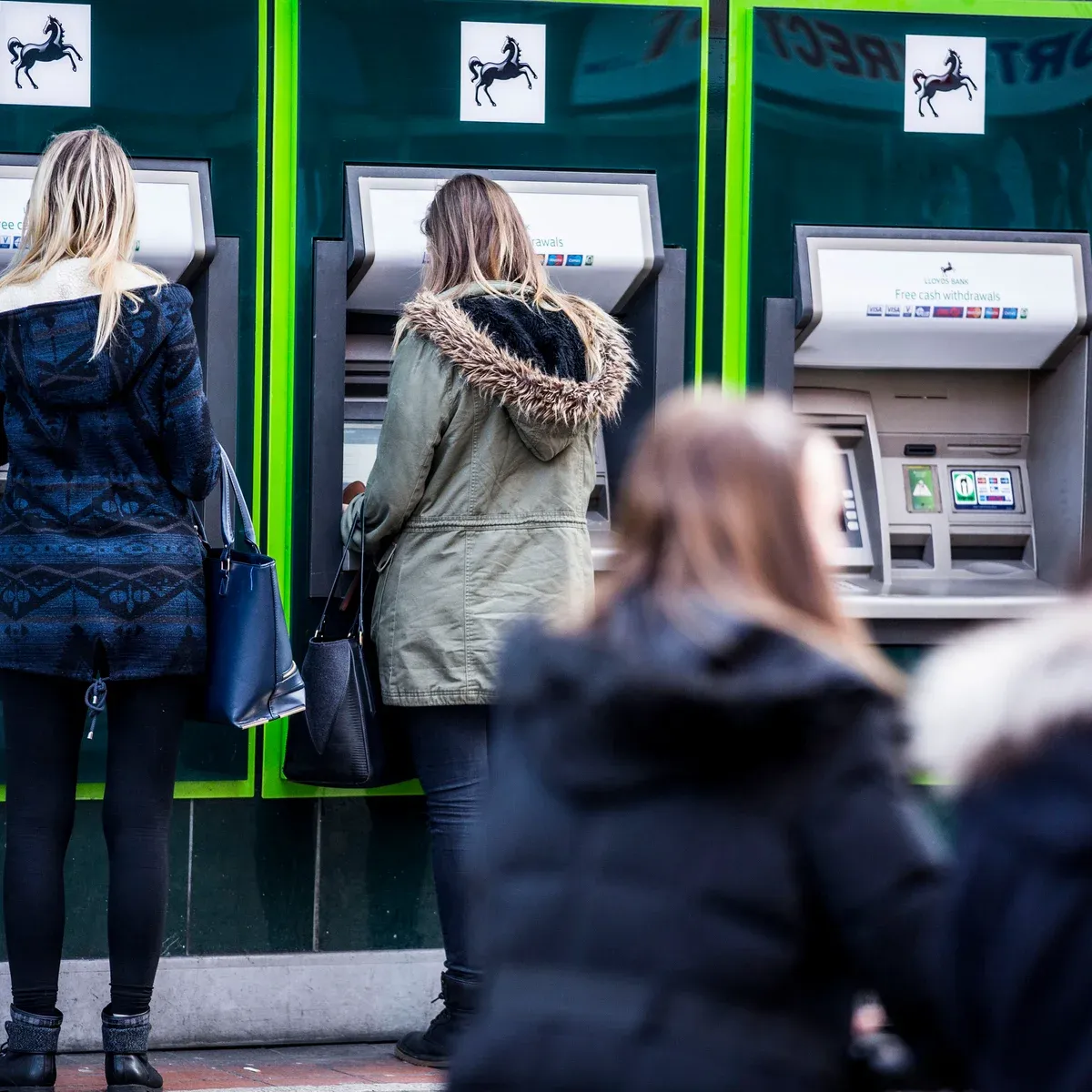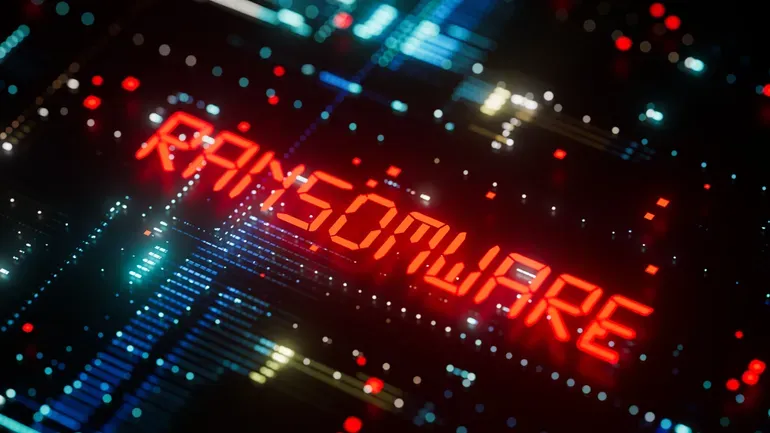Table of Contents
Amidst mounting criticism for yielding to government censorship demands, Elon Musk recently asserted that Twitter has "no real alternative" but to comply with such requests.
Musk, who previously identified as a "free speech absolutist" and expressed interest in acquiring Twitter to safeguard users' freedom of expression, clarified his stance on free speech by questioning whether someone you disagree with should be allowed to express opinions you dislike. He emphasized that, in such cases, free speech is upheld.
However, Musk has faced backlash recently for seemingly capitulating to government censorship demands. Instances include the removal of accounts and tweets in response to the Turkish government ahead of their elections (a move Twitter later vowed to challenge in court). When asked about the removal of a documentary about Indian Prime Minister Narendra Modi, Musk claimed to be unaware of the specifics.
A Bloomberg columnist, Matthew Yglesias, tweeted an article suggesting that Twitter has complied with a majority of government takedown requests since Musk assumed ownership of the platform. In response, Musk challenged Yglesias to indicate instances where Twitter had a genuine choice in the matter, promising to reverse those decisions.
Musk has previously stated that Twitter would comply with social media laws worldwide, even though some of these laws appear to contradict his vision of free speech. Twitter did not respond to requests for comment.
In an interview with the BBC, Musk acknowledged the strict social media regulations in India and affirmed that Twitter would comply with the laws to avoid potential imprisonment for its employees. He suggested that citizens who oppose certain types of speech should engage with their elected representatives and advocate for the passage of laws prohibiting it.
Musk's definition of "free speech" aligns with adhering to the law, and he opposes censorship that extends beyond legal boundaries, as mentioned in a tweet from last year. However, Twitter's compliance with local laws in various countries may subject the platform to significant fines, penalties, or even bans.
Before Musk's involvement, Twitter frequently challenged government takedown requests in court and disclosed comprehensive information about these requests and their handling. Twitter often led the way among social media platforms in defending users' rights globally.
In its most recent report on removal requests prior to Musk's ownership, Twitter stated that it received over 47,000 removal requests between July and December 2021, complying with 51% of them. In instances where compliance was necessary due to a country's laws, Twitter restricted access to the violating content solely within that country rather than globally.
Musk also faced criticism for deviating from his "free speech" vision when Twitter temporarily banned accounts of prominent journalists who allegedly violated the platform's "doxxing" policy. The ban occurred after the journalists reported on an account sharing Musk's real-time location.

